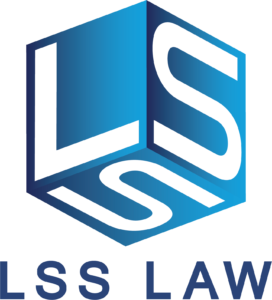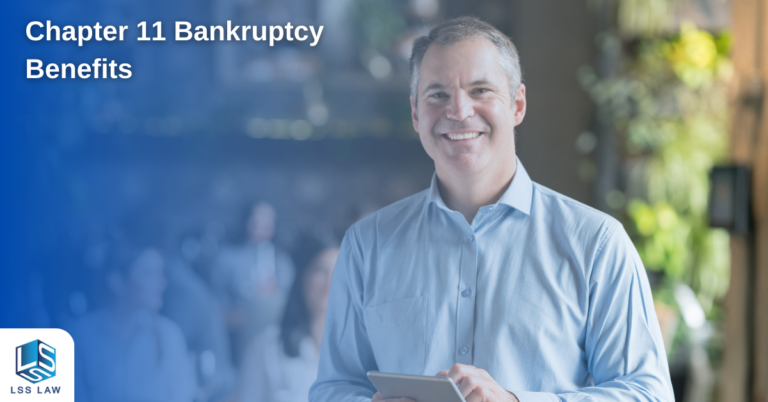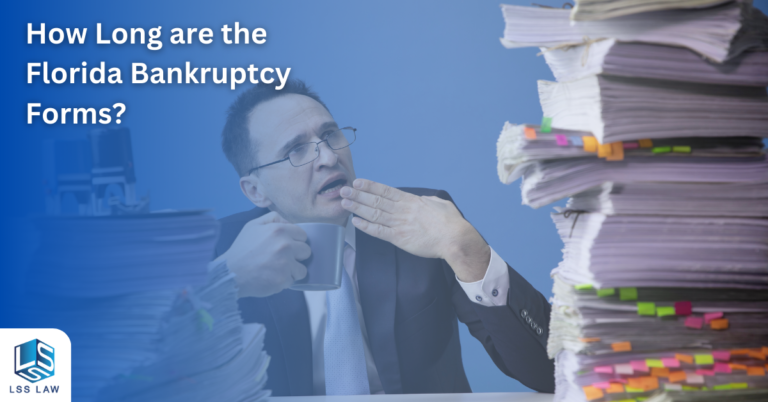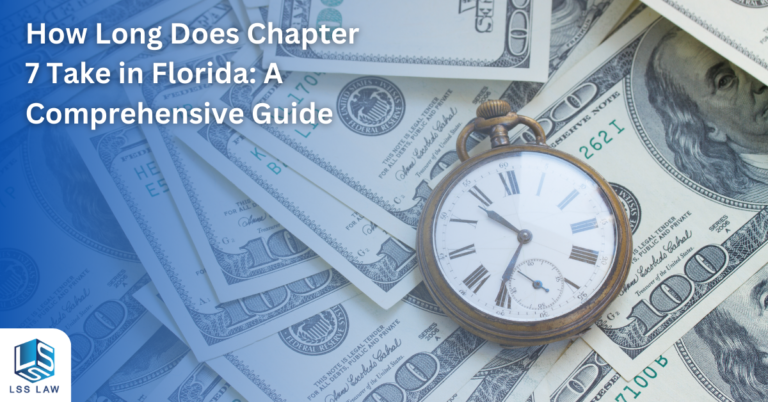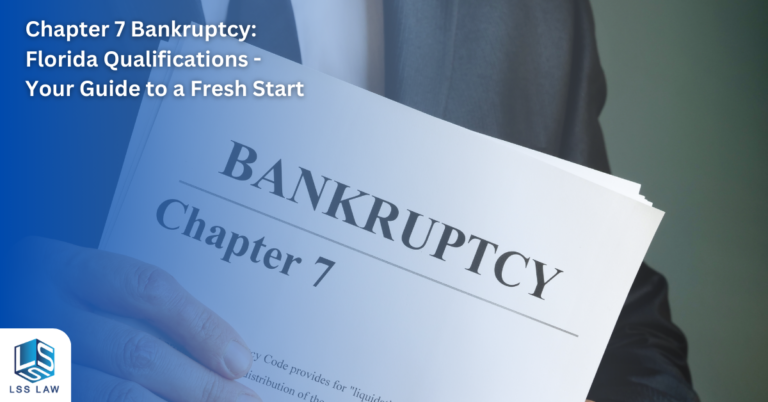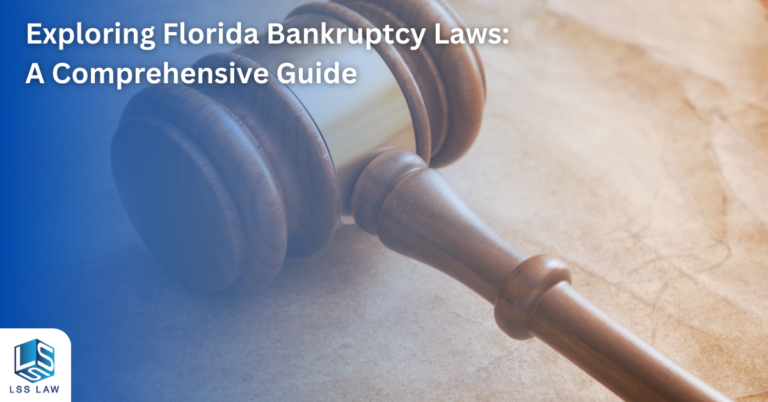Filing for Chapter 11 bankruptcy can be a complex process, but it may provide much-needed relief for individuals and businesses facing financial difficulties. This type of bankruptcy allows debtors to reorganize their debts and continue operating during the bankruptcy proceedings. Here is an overview of some key aspects of Chapter 11 bankruptcy.
What is Chapter 11 Bankruptcy?
Chapter 11 is a form of bankruptcy that is primarily used by businesses, but is also available to individuals. It allows the debtor to continue operating while working on a court-approved repayment plan. The goal is to restructure debts in order to emerge from bankruptcy as a profitable and viable business.
Some key features of Chapter 11 bankruptcy include:
- Automatic Stay: When a Chapter 11 petition is filed, it triggers an automatic stay that halts collections, foreclosures, and most lawsuits against the debtor. This allows breathing room to restructure.
- Debtor in Possession: Existing management usually remains in control of business operations as the “debtor in possession.”
- Repayment Plan: The debtor must file a repayment plan stating how it intends to restructure and emerge from bankruptcy. Creditors can vote to approve or reject the plan.
- Discharge: Debt discharge is only available to individual debtors, not corporations. Discharge eliminates eligible debt that is not repaid under the plan.
Overall, Chapter 11 aims to strike a balance between giving the debtor a fresh start while maximizing repayments to creditors.
Who is Eligible to File Chapter 11?

While primarily used by business entities like corporations and partnerships, Chapter 11 is also available for individuals, sole proprietors, contractors, and freelancers. There is no specific debt limit to file. Generally, it makes sense for debtors that:
- Have significant assets they want to keep
- Have substantial debts they cannot readily discharge in Chapter 7
- Wish to continue operating a business
- Want to restructure debts they cannot afford under current terms
Meeting with a bankruptcy attorney is the best way to determine if you are eligible and whether Chapter 11 is your best option.
The Chapter 11 Bankruptcy Process
Filing for Chapter 11 bankruptcy involves an extensive process with many steps:
1. Voluntary Petition
The first step is filing a voluntary Chapter 11 petition, which includes background information and types of debts owed. Filing the petition triggers the automatic stay.
2. First Day Motions
The debtor will immediately file “first day” motions asking the court to approve payments for things vital to keeping the business operational, like utilities, employee wages, and vendor payments.
3. Appointment of Creditors’ Committee
The U.S. Trustee will appoint an unsecured creditors’ committee to represent the interests of unsecured creditors through the process. The committee may hire lawyers and financial advisors.
4. Meeting of Creditors
A meeting of creditors occurs within 20 to 40 days. The debtor is placed under oath and answers questions about their financial affairs and proposed repayment plan.
5. Repayment Plan
Within 120 days (180 for small businesses), the debtor must file a draft repayment plan. Creditors can vote to approve or reject the plan.
6. Plan Confirmation
During the confirmation hearing, the court will evaluate the plan to ensure it meets legal requirements before officially approving it.
7. Implement and Monitor the Plan
Once the plan is confirmed, the debtor must implement it while providing financial reports to the court. Changes can be made if needed.
8. Discharge
Eligible debts can be discharged if the repayment plan is completed and the debtor complies with all terms.
As you can see, Chapter 11 involves many steps and requirements. Working with an experienced bankruptcy lawyer is essential to successfully navigate the complex process.
Benefits of Filing Chapter 11 Bankruptcy

There are many potential Chapter 11 benefits that make it attractive option for some debtors:
- Continued Operations: The automatic stay halts collections and lawsuits, allowing you to keep operating the business.
- Debt Restructuring: Debts can be restructured in a manageable way through the court-approved repayment plan.
- Creditor Negotiation: Chapter 11 provides leverage to negotiate better terms with creditors by threatening conversion to Chapter 7 liquidation.
- Increased Profits: With debt payments decreased through restructuring, more operating income can go towards profitability.
- Flexible Repayment: Repayment plans can be extended up to 5 years for optimal cash flow.
- Debt Discharge: For qualified individual debtors only, remaining dischargeable debts are eliminated after plan completion.
For businesses or individuals in need of breathing room and a fresh start, Chapter 11 reorganization can provide a powerfully transformative option.
Key Factors in Chapter 11 Success
Because Chapter 11 is complex with no guarantee of success, it is vital to consider key factors that can impact the outcome:
- Experienced Legal Counsel: Having a knowledgeable bankruptcy lawyer is essential to navigate the process.
- Timing of Filing: Filing before conditions deteriorate too far helps improve odds of reorganization.
- Cooperation from Creditors: Willingness of creditors to negotiate repayment terms is crucial.
- Debtor-in-Possession Financing: Additional financing may be needed to fund ongoing operations during the case.
- Feasible Business Model: The underlying business model must be viable for the debtor to successfully reorganize long-term.
- Effective Management Team: Competent leadership is required to steer the company through bankruptcy and beyond.
With proper legal guidance and business planning, Chapter 11 provides an opportunity for debtors to restart on stronger financial footing.
When Chapter 11 Might Not Succeed
Though Chapter 11 bankruptcy can be an extremely effective solution, it does not always go smoothly. Some common reasons Chapter 11 cases may get converted to Chapter 7 liquidation include:
- Inability to reach agreement with creditors on repayment plan terms
- Failure to acquire needed debtor-in-possession financing
- Ongoing business losses erode assets
- Mismanagement and lack of leadership from executives
- Debt obligations simply too excessive to restructure
- Bankruptcy court determines the repayment plan is unlikely to succeed
If efforts to reorganize stall out, the court may order conversion to Chapter 7 to liquidate assets and pay creditors.
Navigating the Complex Chapter 11 Bankruptcy Process
Filing for Chapter 11 bankruptcy allows businesses and individuals time to reorganize their finances, but the process involves many complex legal procedures. Here is an overview of some key steps in successfully navigating a Chapter 11 bankruptcy case:
Submit Required Documents After Filing
After the voluntary Chapter 11 petition is filed, the debtor must promptly submit all required documents, including financial statements, bankruptcy schedules listing assets and debts, a statement of current income, and other disclosures. This provides a clear picture of the debtor’s financial affairs.
Get Up to Speed on Bankruptcy Code Requirements
The debtor should become familiar with all requirements of the bankruptcy code, including rules on treatment of assets, executory contracts, fraudulent transfers, and obligations to creditors. This helps ensure full legal compliance from the outset.
Put First Day Motions in Place
The debtor’s legal team will immediately file “first day” motions asking the bankruptcy court to approve making certain critical payments to keep operations running. This may include employee wages, rents, utilities, insurance, and vendor invoices.
Review All Executory Contracts
The debtor must review which ongoing contracts and leases can be assumed, assigned, or rejected. This allows canceling unfavorable contracts and keeping beneficial ones to maximize value.
Determine Ongoing Funding Needs
Additional post-petition financing in the form of debtor-in-possession (DIP) loans may be needed to fund operations during the bankruptcy case. DIP financing requires court approval but takes priority over existing debts.
Make Required SEC Filings
If the debtor is a public company, they must continue filing all required documents with the Securities and Exchange Commission to retain stock exchange listings and keep investors informed.
Prepare and File Monthly Operating Reports
The debtor must file monthly operating reports detailing income, expenses, cash flow, assets, administrative costs, and other financial details. This keeps the court and creditors updated on the business.
Develop a Feasible Reorganization Plan
With input from creditors, the debtor’s management team and advisors develop a Chapter 11 plan stating proposed treatment of debts and future business plans. The court must find the plan feasible for confirmation.
Disclose Required Plan Details to Creditors
A disclosure statement providing extensive details on the proposed plan must be distributed to all creditors before they vote whether to accept or reject the plan based on repayment terms.
Attend the Confirmation Hearing
At the confirmation hearing, the court will determine if plan requirements are satisfied before formally approving it. Creditors can still object to confirmation and require amendments.
Implement the Confirmed Plan
Once the court confirms a Chapter 11 plan, the debtor must diligently carry it out. This includes making payments to creditors according to the repayment schedule and filing progress reports with the court.
Receive Discharge After Completion
If the debtor completes all plan payments and complies fully with the confirmation order, the court can enter a discharge order eliminating remaining dischargeable pre-petition debts.
With proper legal guidance, a debtor can successfully navigate Chapter 11’s numerous complex requirements to eliminate crippling debts and regain stronger financial health.
Key Bankruptcy Concepts In Chapter 11 Cases
Certain bankruptcy terms and concepts are important to understand in Chapter 11 proceedings:
- Automatic Stay – The automatic stay immediately halts collections, foreclosures, and creditor lawsuits against the debtor to allow breathing room for reorganization.
- Proof of Claim – Creditors must file a proof of claim form stating the amount owed for repayment through the bankruptcy case.
- Avoidable Transfers – Transfers of assets prior to filing that violate bankruptcy rules may be reversed or avoided to recapture value.
- Reorganization Plan – The Chapter 11 plan details proposed treatment and repayment terms for each creditor debt class.
- Disclosure Statement – A court-approved document providing creditors key details about the proposed reorganization plan.
- Impaired Claims – Creditor claims that are altered (impaired) under a plan can vote to accept or reject the proposed repayment terms.
- Cramdown – If an impaired class rejects the plan, it can be forced on them through “cramdown” if court tests are met.
Gaining a working grasp of these and other concepts allows debtors to optimize the Chapter 11 process.
Chapter 11 Provides Powerful Debt Relief Tools

Chapter 11 bankruptcy provides businesses and individuals with potent tools to eliminate and restructure unsustainable debt obligations, including:
Automatic Stay Halts Collection Efforts
Upon filing, the automatic stay immediately stops foreclosures, lawsuits, wage garnishments, and most other creditor collection actions. This crucial breathing room allows the debtor to reorganize finances.
Debt Discharge Available for Individuals
While business debt is not eliminated, Chapter 11 does allow discharge of certain qualifying individual debts after completing plan payments, providing a powerful fresh start.
Depreciation Savings Preserved
Valuable tax attributes like net operating loss carryforwards and accumulated depreciation savings are not diminished by the bankruptcy process.
Contracts Can Be Assumed or Rejected
The debtor can assume beneficial executory contracts and unexpired leases while rejecting unfavorable ones that would require ongoing losses.
New Financing Has Priority
The ability to obtain special debtor-in-possession financing with high priority encourages new lenders to extend credit to fund operations during the case.
Creditors Must Stop Interest and Fees
Interest, late fees, penalties, and other charges on pre-petition debts are halted. This prevents further growth of past obligations.
Chapter 11 leverages these tools and others to maximize recoveries for creditors while giving the debtor their best chance for a turnaround.
Conclusion: Chapter 11 Bankruptcy Offers Powerful Financial Restructuring
The complex world of Chapter 11 bankruptcy provides critical tools that can help restructure an impossible debt burden into a manageable obligation. With an experienced legal expert guiding the process, both high-income individuals and businesses facing excessive liabilities can recover and rebuild their financial lives. The team at LSS Law has the knowledge and skills to serve as that invaluable guide through every twist and turn of your Chapter 11 case. To discuss your situation in a completely confidential, no-obligation consultation, contact our dedicated attorneys today.
Seeking Debt Relief Through Chapter 11 Bankruptcy

The complex Chapter 11 bankruptcy process provides businesses and high-net individuals the chance to restructure finances and emerge in stronger shape. With an experienced attorney providing guidance on everything from first-day motions to negotiating creditor agreements and structuring a confirmable repayment plan, debtors gain their best opportunity to make Chapter 11 work.
If your business or personal financial situation feels hopeless, the debt relief and fresh start offered by Chapter 11 bankruptcy may be an option worth exploring. The skilled team at LSS Law can help you determine if Chapter 11 is your most viable path forward to financial freedom.
Chapter 11 Bankruptcy Benefits FAQ
What happens after Chapter 11 bankruptcy?
After a Chapter 11 case concludes, the business or individual debtor receives a discharge of qualifying debts and returns to normal operations under the terms of the confirmed repayment plan. They must file annual reports with the court summarizing their progress in implementing the plan over the next few years.
How do Chapter 11 bankruptcies work?
Chapter 11 allows debtors to reorganize and restructure debts into a court-approved repayment plan. Existing management typically stays in place running day-to-day operations as the “debtor in possession.” The debtor works to get creditors to approve a plan while keeping business activities going.
How often can you file Chapter 11?
There are no specific legal limits on how often you can file Chapter 11 bankruptcy. However, courts will scrutinize repeat filings closely to ensure proper good-faith use. This makes successfully filing Chapter 11 again difficult after a recent discharge.
How long do Chapter 11 bankruptcies last?
The Chapter 11 process typically lasts between 6 months to 2 years from initial filing to plan confirmation and discharge. However, repayment plans often extend 3-5 years to complete payments under restructured debt terms. The entire process can take over 5 years.
What are Chapter 11 bankruptcies?
Chapter 11 is a form of bankruptcy that allows debt restructuring and reorganization for businesses and high-income individuals through a court-supervised repayment plan, allowing them to continue operating throughout the proceedings.
Contact Us for Chapter 11 Bankruptcy Help
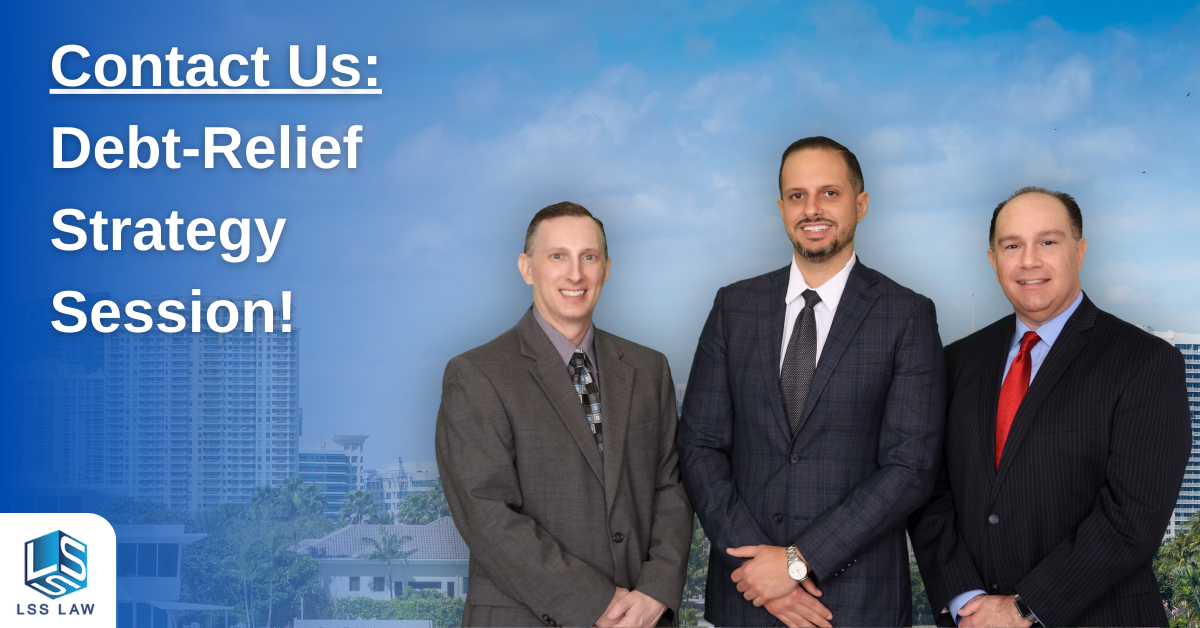
If you are struggling with business debts or overwhelming personal liabilities, the time may be right to explore your debt relief options. The dedicated attorneys at LSS Law offer comprehensive legal guidance based on decades of in-depth experience representing Chapter 11 cases. Call today to schedule a consultation and put our expertise to work fighting for your financial future.
